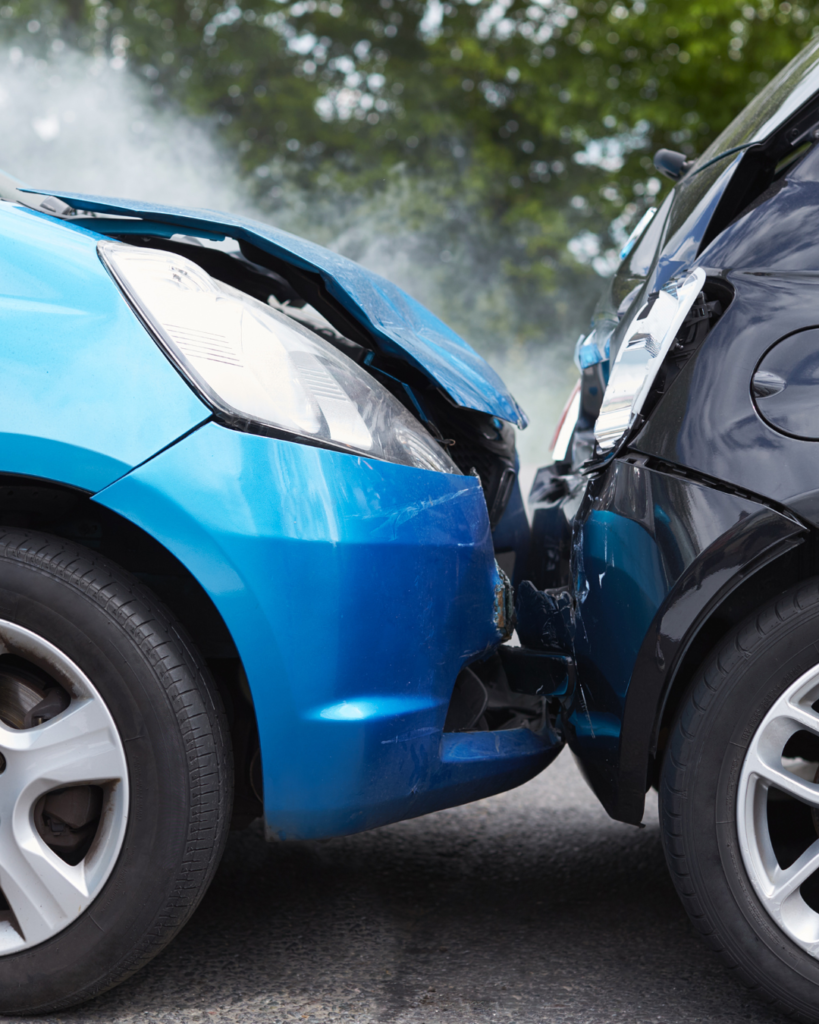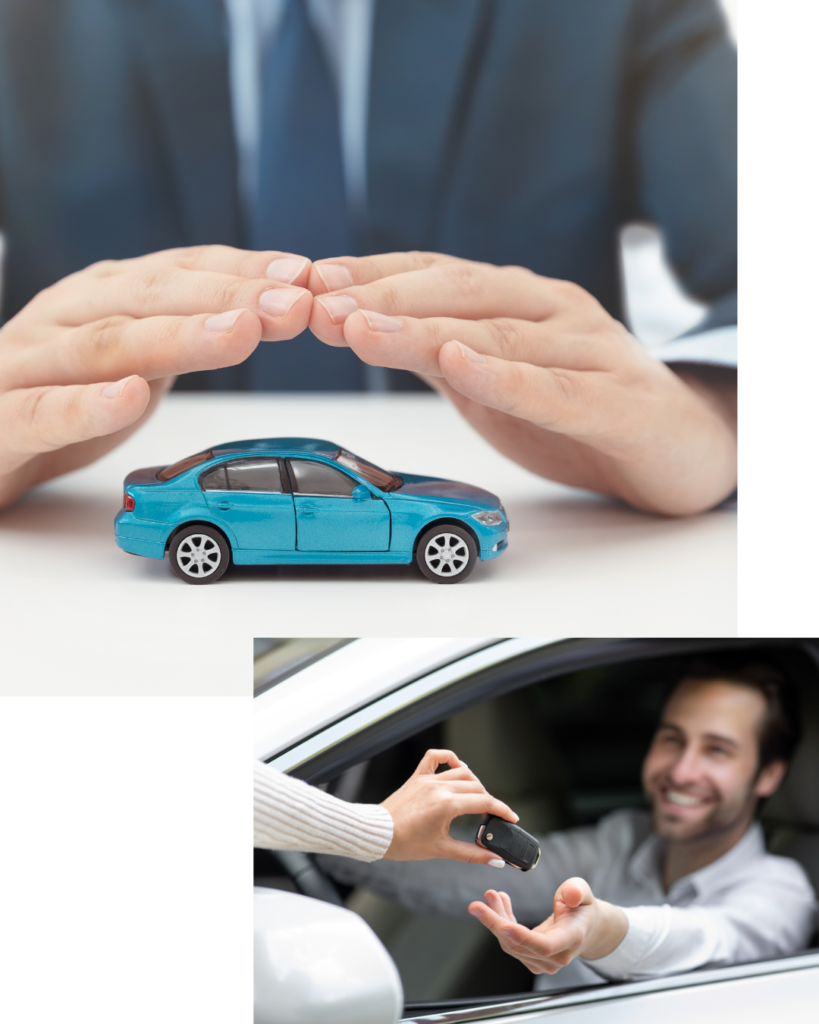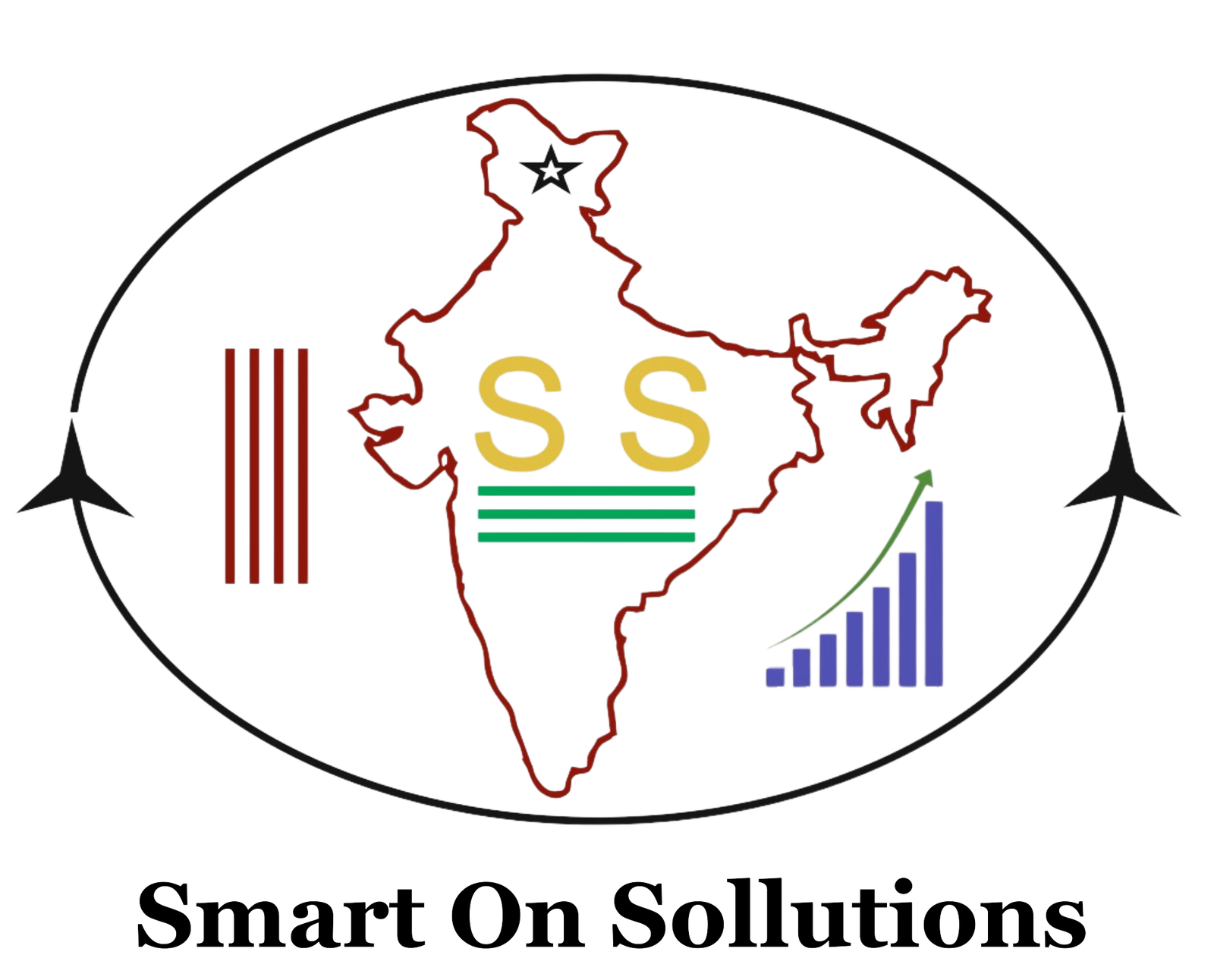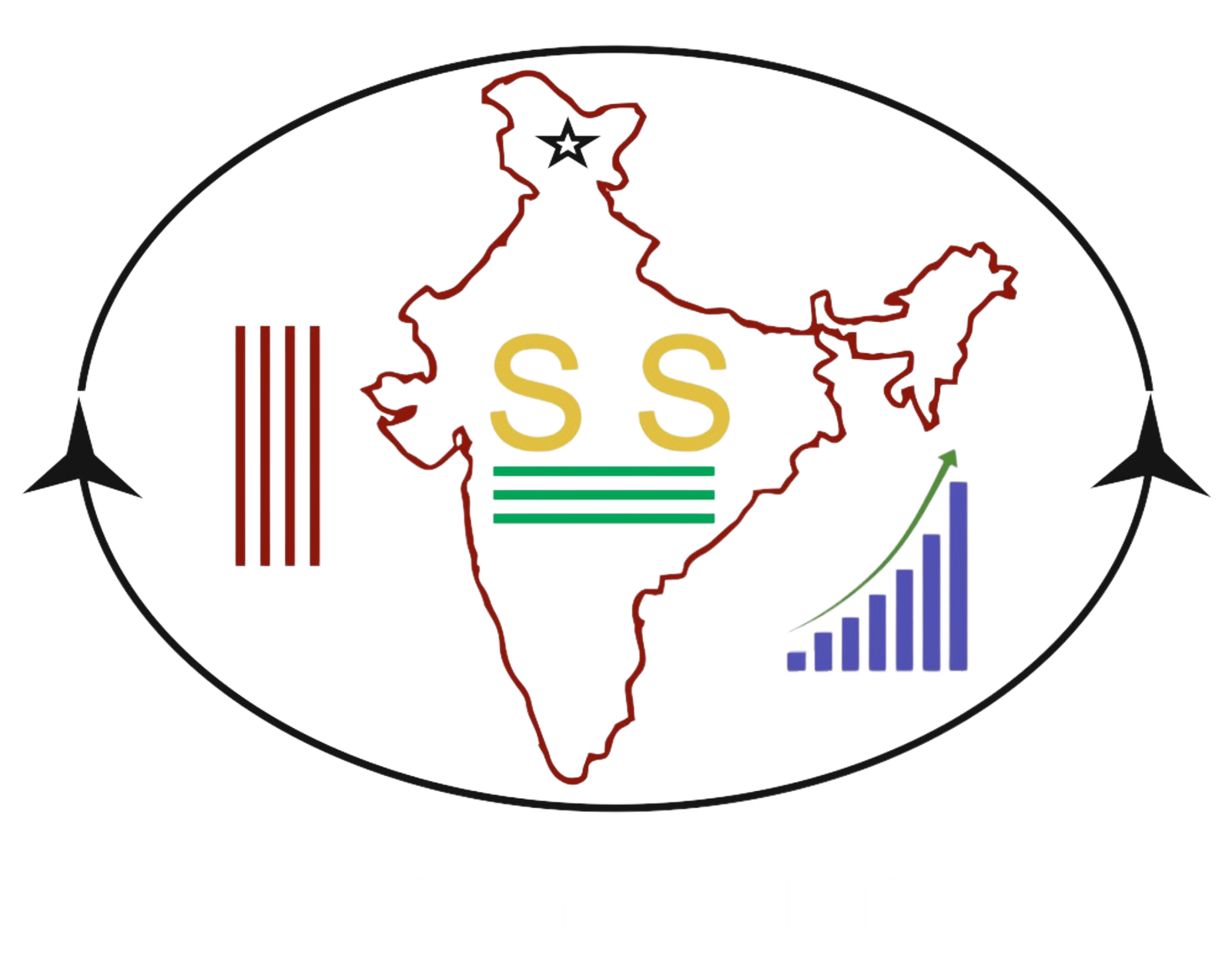Vehicle Insurance
SmartDrive Insurance: Intelligent Protection for Your Journey
Embark on a worry-free journey with Smart On Sollutions' SmartDrive Insurance – your key to intelligent and comprehensive vehicle protection. We understand that your vehicle is more than just transportation; it's an essential part of your daily life. SmartDrive goes beyond conventional coverage, offering a suite of benefits that make us the smart choice for your vehicle insurance needs.

Types of Motor/Vehicle Insurance in India
Car insurance is an insurance policy that offers coverage against accidental damages or theft of the car or damages caused to the third party property or life due to the insured car. Buying a third-party liability policy is mandatory as per law. However, for financial backup against damages to your car, you must opt for own-damage cover or a Comprehensive Car Insurance Policy.
Two-wheeler insurance is an insurance policy that provides coverage for all types of two-wheelers like scooters, mopeds, bikes, sports bikes, etc. The insurance provides coverage against financial and legal liabilities such as accidental damages to the insured vehicle and damages to the third party property or injury/death of a third party caused due to the insured bike. Similar to car insurance, buying third-party cover is mandatory, and the own damage cover is optional.
Commercial vehicle insurance is an insurance policy that covers commercial vehicles like trucks, buses, etc. The coverage is similar to car/bike insurance. It covers accidental damages to the insured vehicle and third-party liabilities. All commercial vehicles must have at least a third-party liability policy to comply with the law.

Features of Motor Vehicle Insurance
Motor vehicle insurance comes with several key features. The following table explains the benefits and top features of purchasing vehicle insurance online.
- 24×7 Access
- Convenient Process
- Low Premium
- Smooth Processing
- Informed Decision-Making
- Quick Renewal
- Satisfying Insurance Experience
Why Should You Buy Vehicle Insurance?
Third-Party Liability Coverage
Buying motor vehicle insurance provides you with third-party liability coverage. It is the coverage that covers you against damages to third-party property or injury or death of a third party caused due to your vehicle. The coverage saves you from legal hassles and financial losses.
Provides Personal Accident Cover
Buying a Personal Accident (PA) cover is mandatory when purchasing vehicle insurance. It provides coverage to the vehicle owner against accidental injuries/death. The PA cover provides coverage of up to Rs. 15 lakhs, and it can be your financial backup in case of accidental injury/disability.
Provides Financial Backup
If you opt for an own-damage or Comprehensive Vehicle Insurance, you will get financial backup if your vehicle suffers damages due to accidents, natural disasters, vehicle theft and total loss. Hence, vehicle insurance can be your saviour if your vehicle is stolen or damaged significantly due to the reasons mentioned above.
Things to Consider While Buying Vehicle Insurance
1. Coverage
Analyse if you need third-party liability coverage or comprehensive coverage for your vehicle. It is recommended that you opt for Comprehensive insurance for broader coverage.
4. Network Garages
You must consider the insurer’s network garages so that you have access to them across the country and where you reside.
7. Inclusions and Exclusions
Ensure you understand the inclusions and exclusions of your motor insurance policy. Knowing the terms and conditions of the policy helps you avoid unwanted surprises during claim settlements.
2. Add-on Covers
For broader insurance coverage, you can choose from Zero Depreciation cover, Return to Invoice cover, Roadside Assistance cover, etc. But we recommend that you select appropriate add-ons that add value to your coverage.
5. Zero Depreciation Cover
Your vehicle depreciates as soon as it comes out of the showroom. Hence, claim settlements are processed after considering the depreciation. Opting for the Zero Depreciation or Bumper-to-Bumper add-on negates the depreciation factor during claim settlements.
7. Premium
Check how the premium is calculated and what factors impact the cost of the insurance plan. Clear any doubts before you buy the plan.
3. Claim Process
Opt for a digital insurer such as Smart On Sollutions for a hassle-free claim procedure. Our digital infrastructure lets you raise claims through our website or mobile app. Or, you can call us to register your claim.
6. Insured Declared Value (IDV)
The value of the vehicle stated in the policy is the IDV. So, in case of a total loss or when the damages are beyond repair, you receive the IDV after deducting depreciation and applicable deductibles. Ensure you choose the right IDV for your vehicle for the right compensation.
 Français
Français 









